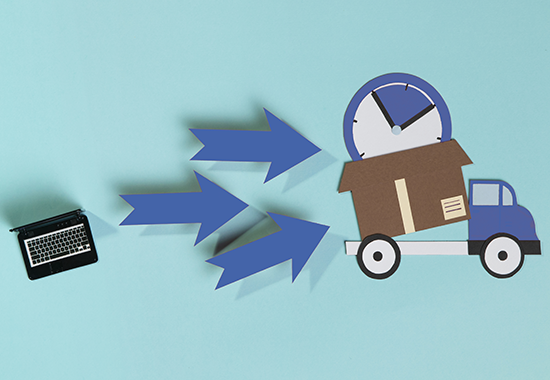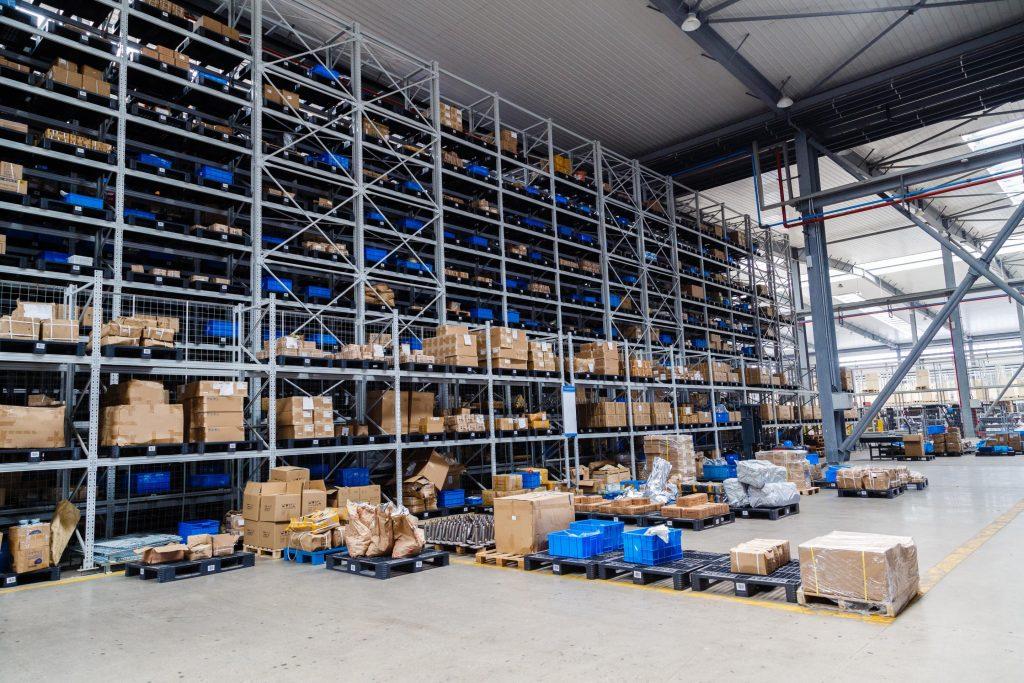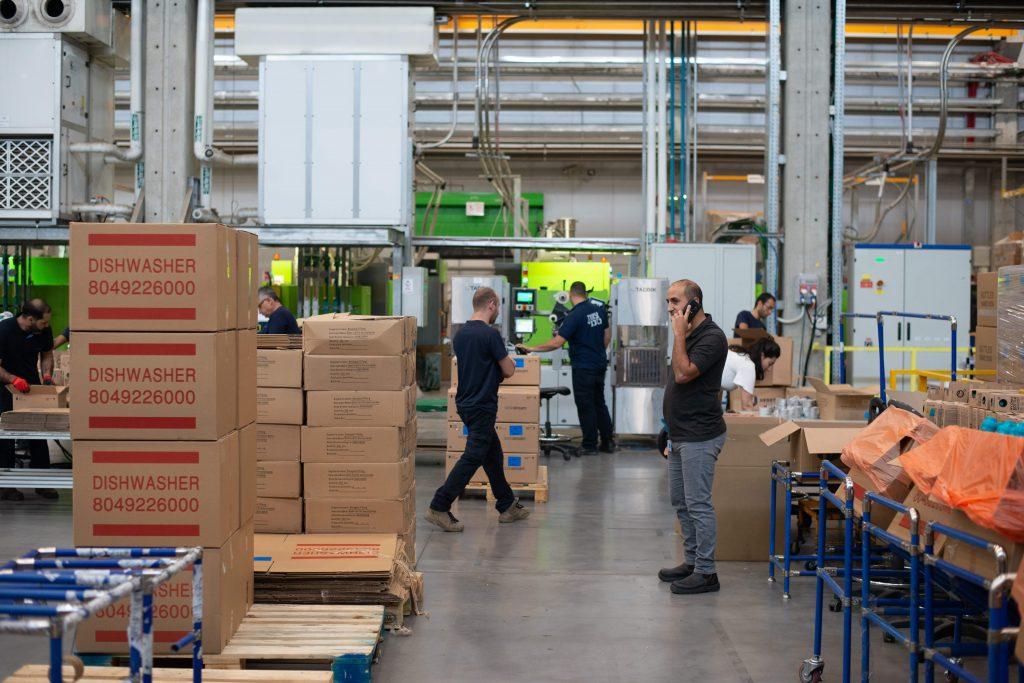In today’s globalized world, international transportation plays a vital role in connecting businesses with customers around the world. However, managing the complexity of cross-border logistics can pose […]
All posts tagged: logistics
Delivering Excellence: The Power of Efficient Last Mile Delivery in Logistics
Introduction In the fast-paced world of logistics, last-mile delivery has emerged as a critical aspect of the supply chain. Efficient last-mile delivery ensures that goods reach customers’ […]
5 Reasons Your Parcel Didn’t Arrive: Tips for Safe Delivery
Understanding the various issues faced during delivery and tips to resolve them As a business owner or consumer, you rely on parcel delivery to get your products […]
Streamline your shipping process and delight your customers
Tips for small business owners on how to streamline their shipping and delivery processes Shipping and delivery can be a time-consuming and costly process for any business. […]
The Definitive Guide To 4PL vs 3PL: Supply Chain Management – A Case of 4PL
Logistics in a Pandemic
Logistics has come a long way from sailboats and Air Cargo. Today we can even deliver to space through special space crafts meant to support our Astronauts. The rise of the pandemic put a spotlight on the Logistics and delivery sector. And how is 2021 going to look for Freight Forwarders and Courier Companies? Logistics companies are turning to automation and lean logistics concepts to track, trace and manage their business.
This move also provides customers with total transparency of their shipment, increasing both the performance and reliability factor. Warehousing is another rightfully emerging trend among logisticians.
What is Lean Logistics?
Lean logistics is improving the efficiency of a company’s logistical processes by reducing waste. Waste is defined as something that does not add value to the system, e.g., scrap parts and wasted time or inefficiency. There are seven “forms” of waste that are widely examined when implementing a lean approach in the workplace. Lean logistics is a supply chain management tool, and when opposed to conventional logistics, it offers many advantages to companies. Six Sigma is a professional approach for achieving long-term quality improvement. These tools can identify and deal with waste and other severe inefficiencies in an organization.
Recent Posts
- Empowering Woman in Logistics: A Tribute on International Girl Child Day
- Navigating the E-commerce Revolution – The Crucial Role of Logistics and Supply Chain Management
- Unlocking the Benefits of Door-to-Door Delivery Services: How Convenience and Efficiency are Just a Knock Away
- Advantages of Using Courier Services for B2B Businesses
- Overcoming the Challenges of International Shipping: The Bluorbit Logistics Approach
Recent Comments
- Curso Hud Classe a Poker na Chapa on The One-stop Logistics Solution – Bluorbit Logistic
- Rateio Concursos on The One-stop Logistics Solution – Bluorbit Logistic
- cursos de mecânica senai on The One-stop Logistics Solution – Bluorbit Logistic
- Curso Marcenaria Ateliê da Madeira on The One-stop Logistics Solution – Bluorbit Logistic
- Curso Formação em Cftv Circuito Fechado de Televisão Eduk on The One-stop Logistics Solution – Bluorbit Logistic






